General Election petition: can UK public force vote on a new government? Parliament process explained
and live on Freeview channel 276
Liz Truss announced her resignation as Prime Minister on Thursday (21 October) after just 45 days in office - the shortest term of any UK PM ever.
Her removal from power has spawned yet another Conservative Party leadership election, although it will be a much quicker affair than the previous one. The current frontrunners to be the new PM are Rishi Sunak, Penny Mordaunt and Boris Johnson.
Advertisement
Hide AdAdvertisement
Hide AdEven if she hadn’t been ejected from office, Truss had stretched to its limit the mandate our political system provides to PMs who come into office in the middle of a Parliamentary session. Her tax cuts, deregulation and reported moves to cut state benefits were far removed from the 2019 manifesto the Conservatives were elected on.
It led to a major public petition calling for an immediate General Election, which garnered 600,000 signatures and was debated in Parliament. But can such petitions actually oust a government? Here’s what you need to know.
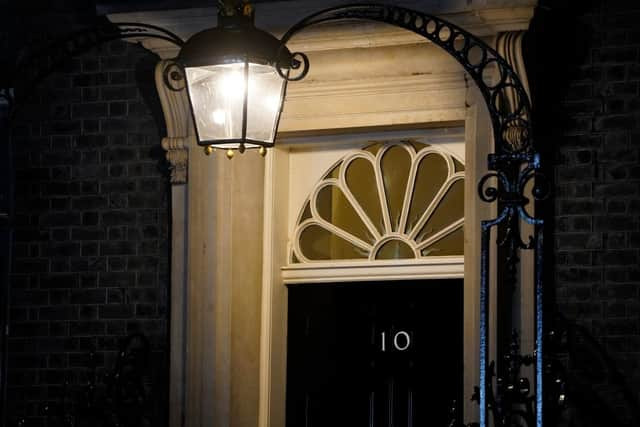

How do petitions work?
A petition is an appeal to a group or an authority that is typically signed by numerous people to demonstrate the issue has a degree of backing. There are several petition-focused websites - Change.org and 38Degrees chief among them - that allow people to electronically sign them.
But if you want to make a petition to MPs, you have to use Parliament’s official petitions website. To get one published, you have to meet the following requirements:
- Be a UK citizen or resident
- Have at least 5 people who support your petition
- Ask for a specific action from government or MPs
- Not ask for something that’s already been requested by an existing petition
Advertisement
Hide AdAdvertisement
Hide AdThere are several criteria that determine why a petition may be rejected, which can be viewed on the Parliament website. MPs do not have to debate a petition, but if it gets signed by a substantial number, it is likely to get an airing in the House of Commons.
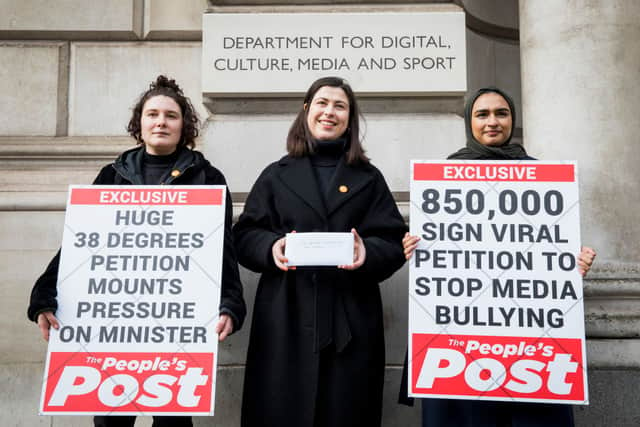

If you get 10,000 signatories, the petition will get a public response from the government. Should it reach 100,000 signatures, the petitions committee - a group of 11 backbench MPs - will consider the petition for a Parliamentary debate.
While external petition websites do not get their petitions considered for a Parliamentary debate, NationalWorld has launched one on Change.org to get across to MPs the public’s dim view of the political chaos engulfing Westminster.
What happened to General Election petition?
In July, as Boris Johnson lost his battle to remain PM and was forced to resign, a petition was launched on the Parliament website that called for an immediate general election.
Advertisement
Hide AdAdvertisement
Hide AdIt urged MPs to: “Let the people decide who should lead us through the unprecedented crises threatening the UK.” These included the war in Ukraine, cost of living crisis and fears of a UK recession.
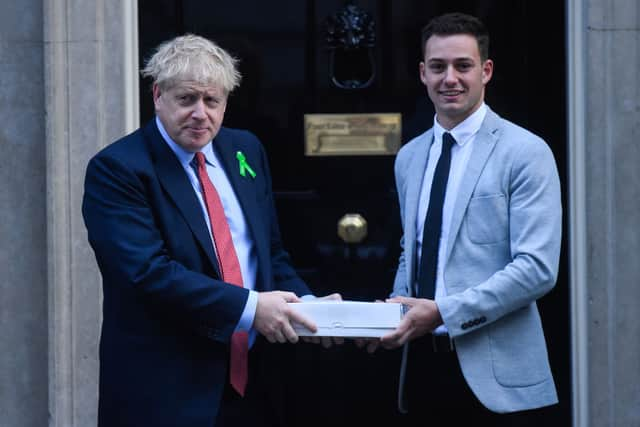

While the petition did not initially get many signatures, it reached the 10,000 limit on 20 September. The government responded by saying: “The UK is a Parliamentary democracy and the Conservative Party remains the majority party. The Prime Minister has pledged to ensure opportunity and prosperity for all people and future generations.”
Over the following weeks, the Liz Truss mini budget and its aftershocks - including a crash in the value of the pound, a run on pension funds, and large mortgage rate hikes - saw the number of signatories boom to 630,000.
It triggered a Parliamentary debate, which took place on Monday (17 October). However, it was sparsely attended. This was because it clashed with a Labour urgent question about the Prime Minister’s sacking of Kwasi Kwarteng. It was also when Jeremy Hunt revealed to MPs how the government was u-turning on its economic plans.
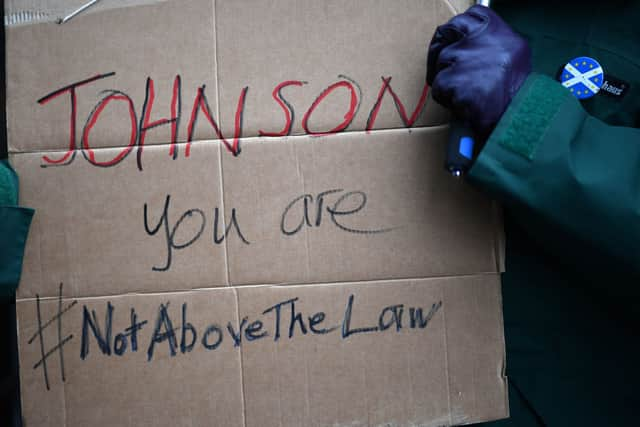

Advertisement
Hide AdAdvertisement
Hide AdWhile the petition has already been debated, it will remain active until 28 January 2023. At the time of writing, almost 90,000 more people had signed it, with the current tally sitting at 715,000.
Another petition has been set up calling for a general election within 100 days of a new PM being elected. Thus far, it has 12,000 signatures.
Can a petition force a general election?
The chances of a petition directly forcing a general election are small. The reasons for this are that such petitions tend not to go to a vote. Even if they do, the government - which typically has to have some form of majority to function - would strongly whip its MPs to vote against it. Ultimately, it’s up to the Prime Minister as to whether or not they will call an early election.
However, a petition gives MPs an indication of how the general public feels about a government. If a significant proportion of the public signed it, it could call into question the confidence in the government.
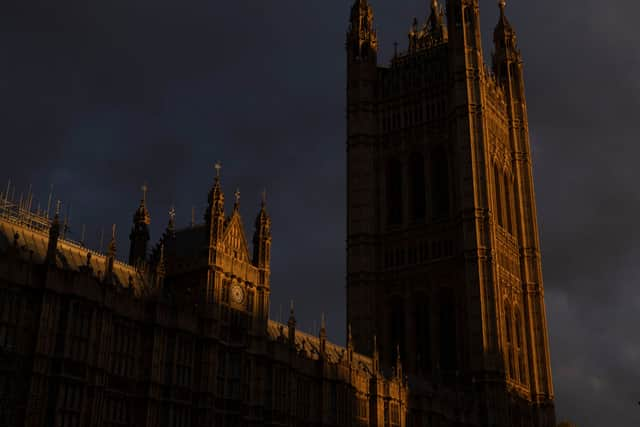

Advertisement
Hide AdAdvertisement
Hide AdA more targeted, and arguably more effective, form of petition is writing a letter to your MP. Given they are reliant on constituents for their position, letters can be a way for them to see how their party is perceived by local people.
Should enough letters on a particular issue go in - e.g. MPs were inundated by angry letters calling for Boris Johnson to resign for the Partygate scandal - it can determine where a politician stands on that issue. However, this process requires a great deal of organisation or widespread public anger to have a meaningful impact.
Protesting is another way MPs can be informed about how the public views certain problems.
- We need a general election now - sign our petition if you agree
Comment Guidelines
National World encourages reader discussion on our stories. User feedback, insights and back-and-forth exchanges add a rich layer of context to reporting. Please review our Community Guidelines before commenting.
